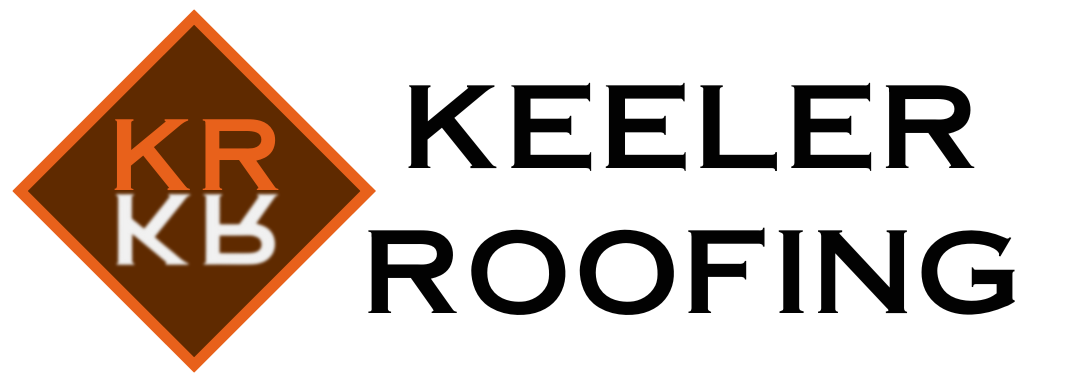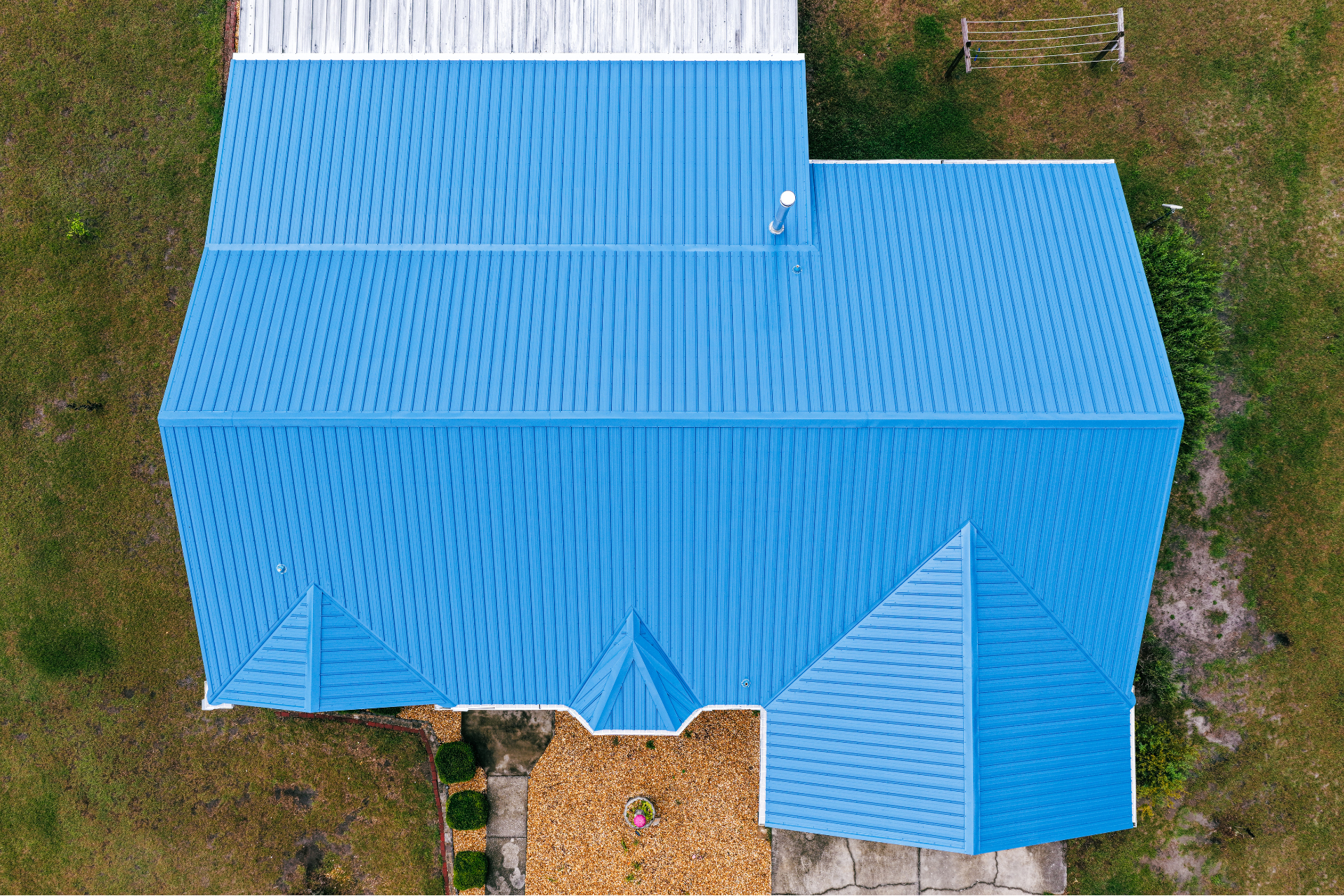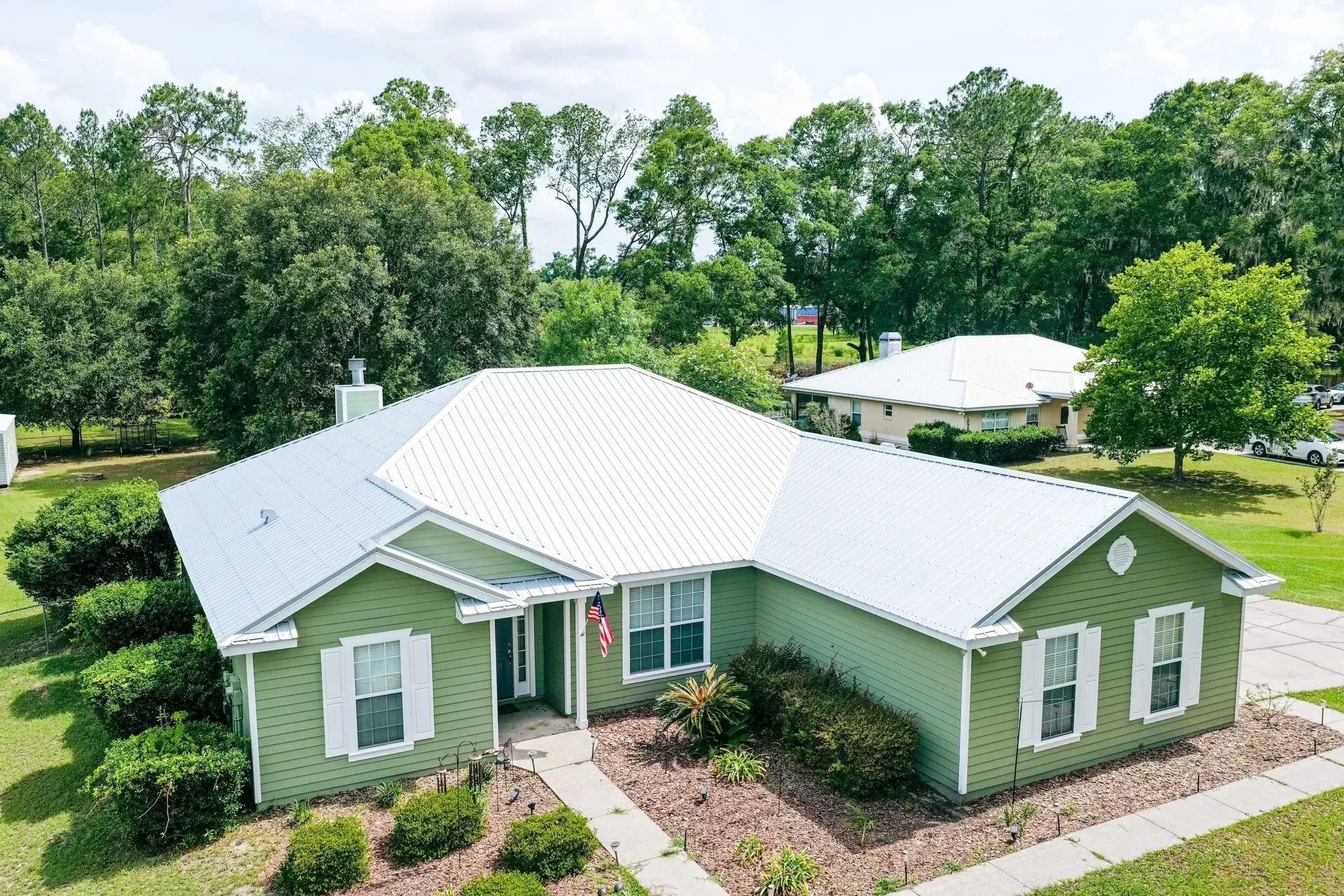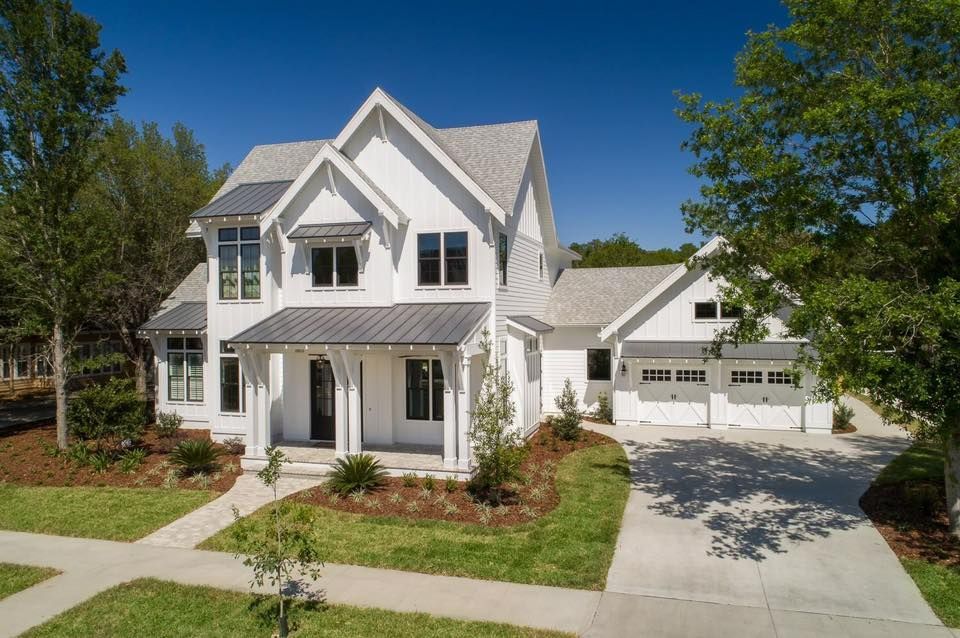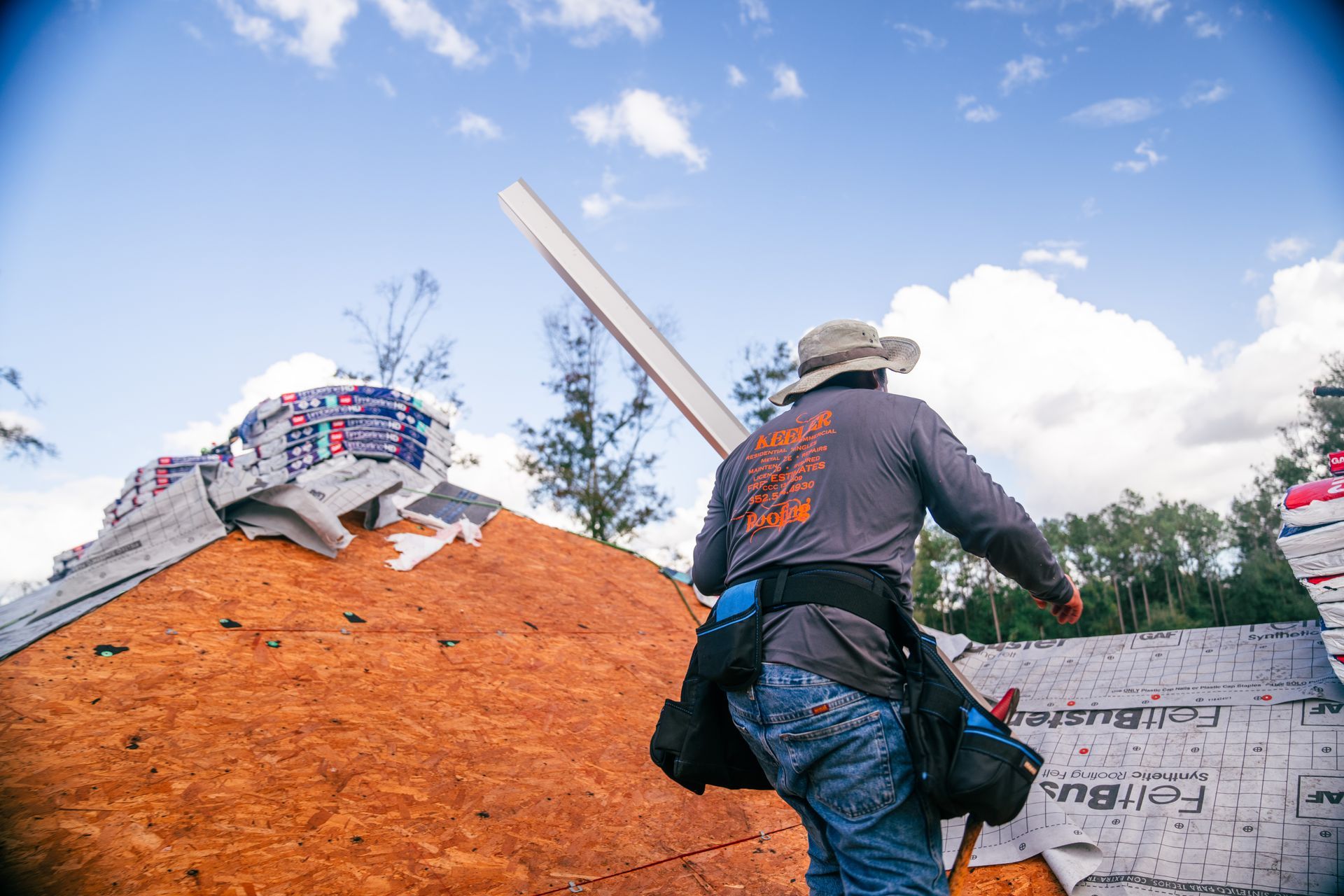How Weather Conditions Impact Your Roof's Durability
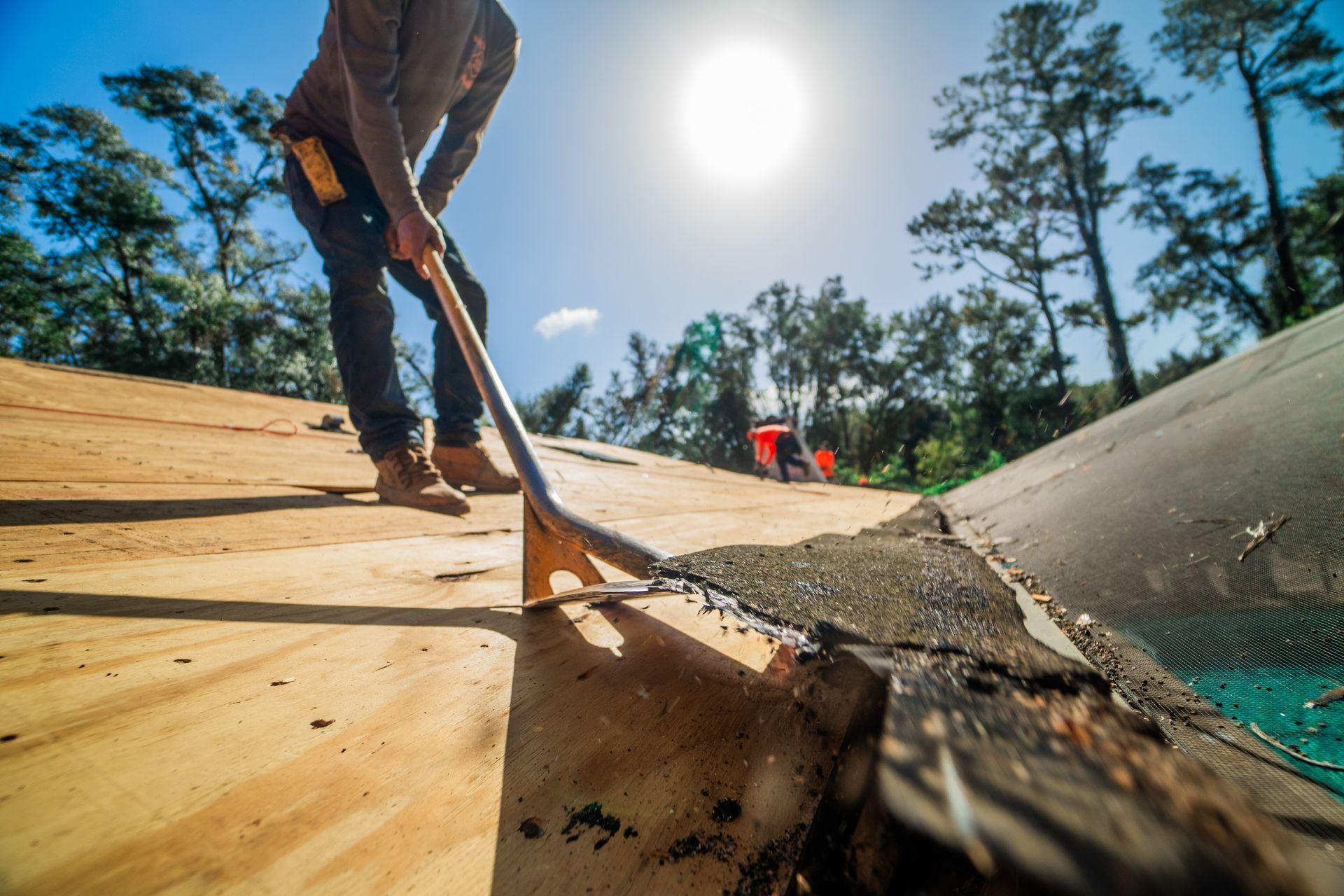
Your roof stands as your home's first line of defense against Mother Nature's unpredictable moods. From scorching summer heat to pounding rain and fierce winds, Florida's diverse weather patterns can significantly affect your roof's lifespan and performance. Understanding these impacts helps you make informed decisions about maintenance, repairs, and replacements.
Weather-related roof damage costs homeowners thousands of dollars annually, yet many of these issues are preventable with proper knowledge and timely action.
This comprehensive guide explores how different weather conditions affect your roof and provides actionable insights to protect your investment.
The Florida Weather Challenge
Florida's subtropical climate presents unique challenges for roofing systems. The state experiences intense sunshine, heavy rainfall, hurricanes, and high humidity levels throughout the year. These conditions create a perfect storm for roof deterioration if not properly managed.
Heat and UV Radiation
Florida's intense sun exposure poses one of the most significant threats to roofing materials. UV rays break down the chemical bonds in shingles, causing them to become brittle and crack over time.
Impact on Different Materials:
- Asphalt shingles lose granules and become vulnerable to water penetration
- Metal roofing can experience thermal expansion and contraction, leading to loose fasteners
- Tile roofing may crack due to thermal stress
Signs of Heat Damage:
- Curled or cupped shingles
- Excessive granule loss
- Faded or discolored roofing materials
- Cracked or split shingles
The constant heating and cooling cycle weakens roofing materials gradually. During peak summer months, roof surface temperatures can exceed 150°F, accelerating deterioration processes.
Heavy Rain and Water Damage
Florida's rainy season brings intense downpours that test your roof's waterproofing capabilities. Water intrusion can cause immediate damage and long-term structural issues.
Common Rain-Related Problems:
- Leaks through damaged or missing shingles
- Pooling water on flat or low-slope roofs
- Gutter overflow causing fascia damage
- Moisture infiltration leading to mold growth
Vulnerable Areas:
- Flashing around chimneys and vents
- Roof valleys where water concentrates
- Gutters and downspouts
- Skylights and roof penetrations
Regular roof leak repair in Florida becomes essential during rainy seasons. Even small leaks can lead to significant interior damage if left unaddressed.
High Winds and Storm Damage
Florida's wind patterns, particularly during hurricane season, can cause severe roof damage. High winds create uplift forces that can tear shingles away and damage the underlying structure.
Wind Damage Indicators:
- Missing or loose shingles
- Exposed underlayment
- Damaged flashing
- Debris impact marks
Wind Speed Impacts:
- 39-54 mph: Loose shingles may lift
- 55-72 mph: Significant shingle damage likely
- 73+ mph: Severe structural damage possible
Professional roofing contractors in North Central Florida understand these wind patterns and can recommend appropriate materials and installation techniques to improve wind resistance.
Seasonal Weather Patterns and Roof Health
Spring: Recovery and Preparation
Spring brings moderate temperatures and occasional storms. This season offers the ideal time for roof inspection in North Central Florida after winter's milder conditions.
Spring Maintenance Tasks:
- Clean gutters and downspouts
- Remove debris from roof surface
- Check for loose or damaged shingles
- Inspect flashing and sealants
Summer: Intense Heat and UV Exposure
Summer's extreme heat and UV radiation accelerate roof aging. The thermal expansion and contraction cycle repeats daily, stressing roofing materials.
Summer Challenges:
- Thermal shock from temperature fluctuations
- Increased energy costs due to poor roof performance
- Accelerated material degradation
- Worker safety concerns for repairs
Fall: Hurricane Season Preparation
Fall marks the peak of hurricane season in Florida. Roof preparation becomes critical during this period.
Fall Priorities:
- Secure loose materials
- Trim overhanging tree branches
- Reinforce vulnerable areas
- Update emergency repair supplies
Winter: Mild but Humid Conditions
Florida's mild winters still present challenges, particularly related to humidity and occasional temperature drops.
Winter Concerns:
- Condensation issues in attics
- Thermal bridging in metal roofs
- Reduced drying time for repairs
- Holiday scheduling challenges
Material-Specific Weather Impacts
Asphalt Shingles
Asphalt shingles remain the most popular roofing choice in Florida despite their vulnerabilities to weather.
Weather Resistance:
- Moderate heat tolerance
- Good water resistance when properly installed
- Vulnerable to high winds without proper installation
- Granule loss accelerates in intense sun
Longevity Factors:
- Quality of materials
- Installation techniques
- Regular maintenance
- Environmental conditions
Metal Roofing
Metal roofing offers superior weather resistance but requires specific considerations for Florida's climate.
Weather Advantages:
- Excellent wind resistance
- Superior heat reflection
- Long-lasting durability
- Minimal maintenance requirements
Potential Issues:
- Thermal expansion and contraction
- Noise during heavy rain
- Corrosion in coastal areas
- Higher initial cost
Tile Roofing
Clay and concrete tiles provide excellent durability but have specific weather-related considerations.
Weather Performance:
- Excellent heat resistance
- Good wind resistance when properly installed
- Vulnerable to impact damage
- Heavy weight requires strong structural support
Proactive Weather Protection Strategies
Regular Inspections
Scheduling routine roof inspections helps identify weather-related damage before it becomes severe. Professional inspections should occur:
- Twice yearly (spring and fall)
- After major storms
- When visible damage appears
- Before and after hurricane season
Preventive Maintenance
Regular maintenance extends roof life and improves weather resistance:
- Clean gutters and downspouts
- Remove debris and vegetation
- Check and repair flashing
- Maintain proper ventilation
Upgrading Materials
Consider weather-resistant materials when replacement becomes necessary:
- Impact-resistant shingles
- Enhanced wind ratings
- Improved fastening systems
- Better ventilation options
Professional Installation
Proper installation significantly affects weather resistance. Qualified roofing contractors in North Central Florida understand local weather patterns and building codes.
Warning Signs Requiring Immediate Attention
Interior Indicators
- Water stains on ceilings or walls
- Musty odors suggesting mold growth
- Increased energy bills
- Visible light through roof boards
Exterior Signs
- Missing or damaged shingles
- Exposed or damaged flashing
- Clogged or damaged gutters
- Sagging roof lines
After Storm Damage
- Visible impact marks
- Scattered debris
- Lifted or torn materials
- Structural damage
When to Call Professional Help
Certain weather-related issues require professional intervention:
- Extensive storm damage
- Multiple leaks
- Structural concerns
- Safety hazards
Professional roof leak repair in Florida ensures proper diagnosis and lasting solutions. Attempting DIY repairs during or after severe weather can be dangerous and may void warranties.
Cost Considerations
Weather-related roof damage costs vary significantly based on:
- Extent of damage
- Material type
- Labor requirements
- Seasonal demand
Investing in quality materials and professional installation reduces long-term weather-related costs. Regular maintenance also prevents minor issues from becoming major expenses.
Insurance and Weather Damage
Understanding insurance coverage for weather-related roof damage helps protect your investment:
- Document damage thoroughly
- Contact insurers promptly
- Work with experienced contractors
- Understand policy limitations
Protecting Your Investment Through Weather Awareness
Weather conditions significantly impact your roof's durability and performance. Florida's challenging climate requires proactive maintenance, quality materials, and professional expertise to ensure long-term protection.
Understanding how different weather patterns affect your roof helps you make informed decisions about maintenance, repairs, and replacements.
Regular inspections, preventive maintenance, and professional guidance from qualified roofing contractors in North Central Florida protect your home and investment.
Don't wait for severe weather to reveal roof vulnerabilities. Schedule a professional roof inspection in North Central Florida today to assess your roof's condition and develop a comprehensive protection strategy.
Contact Keeler Roofing for expert evaluation and personalized recommendations to keep your roof performing optimally through all weather conditions.


